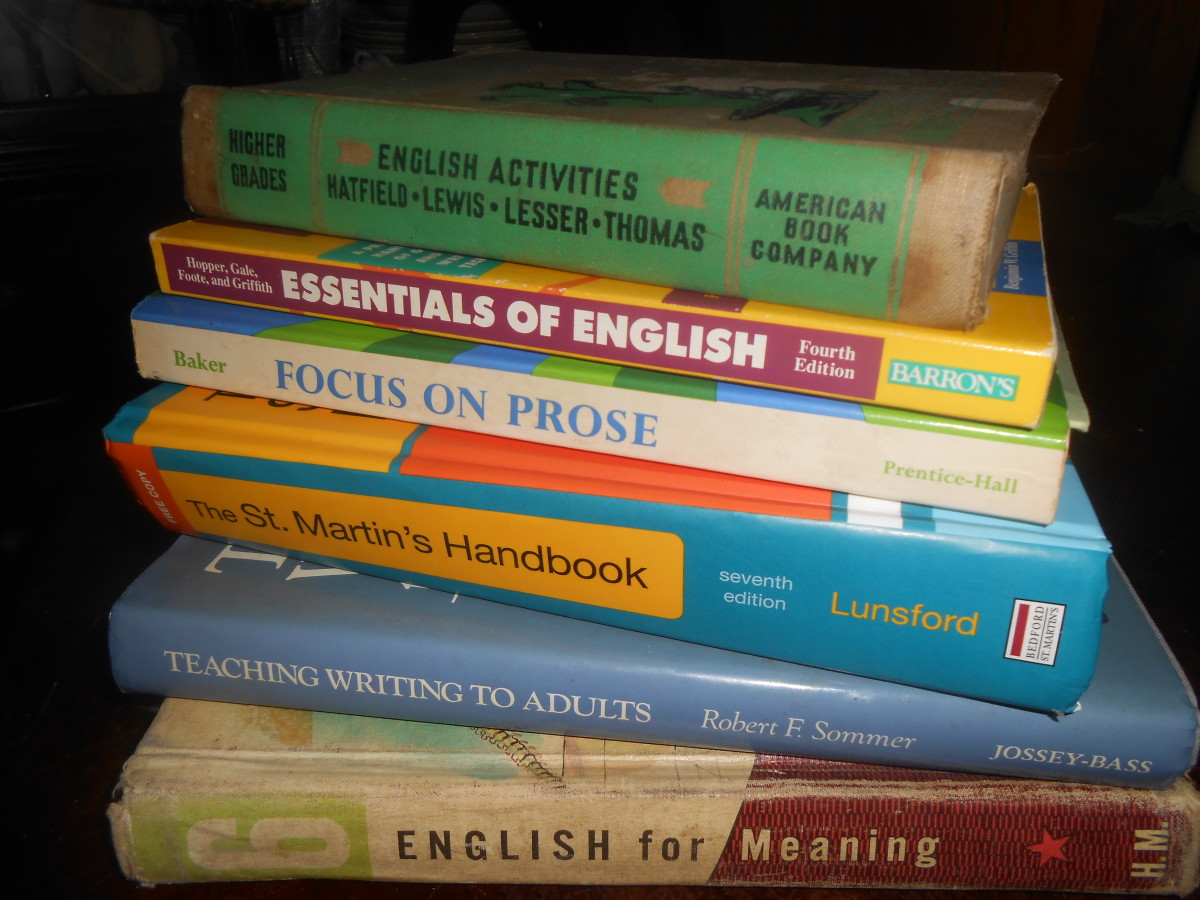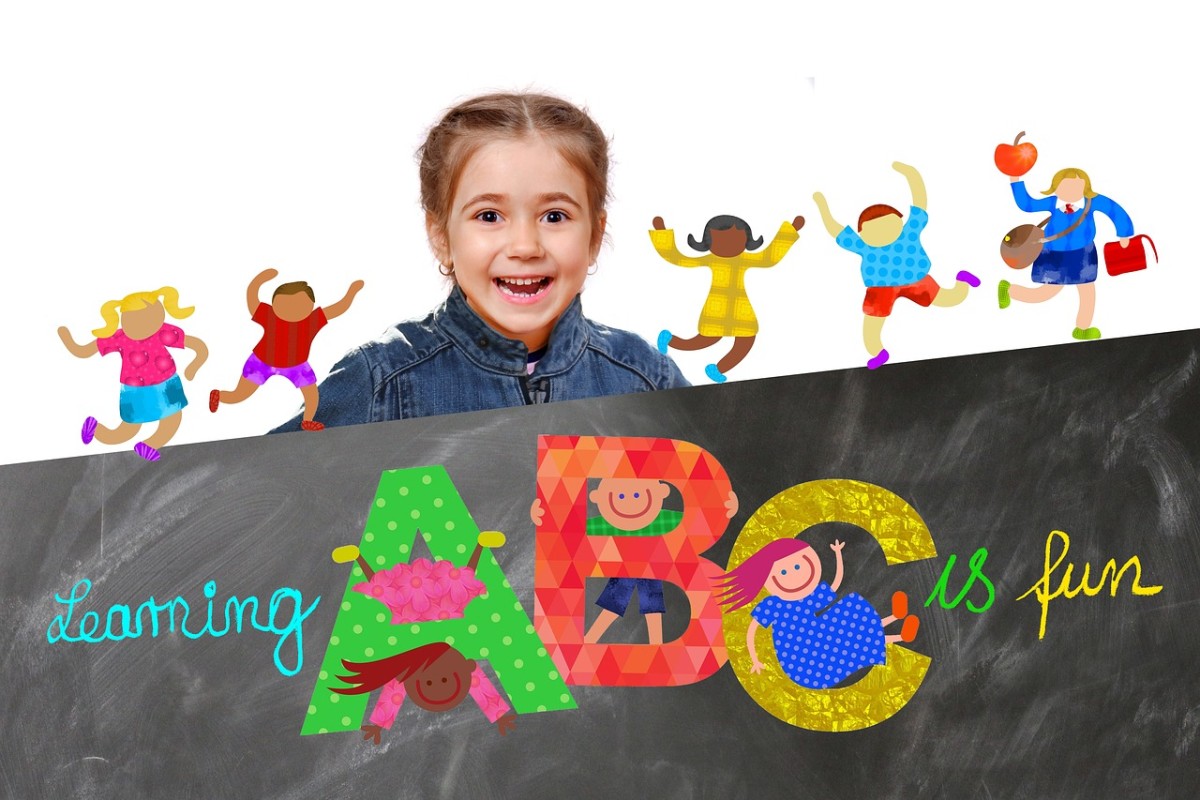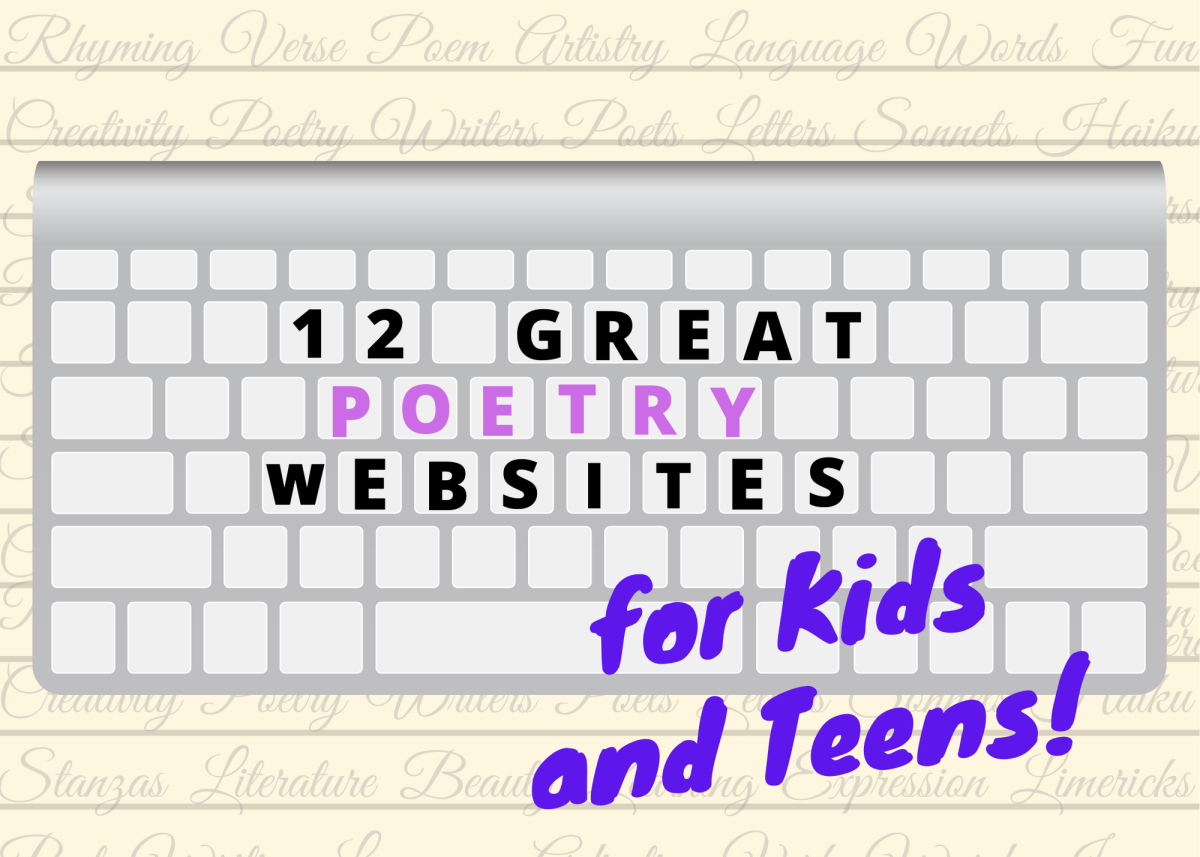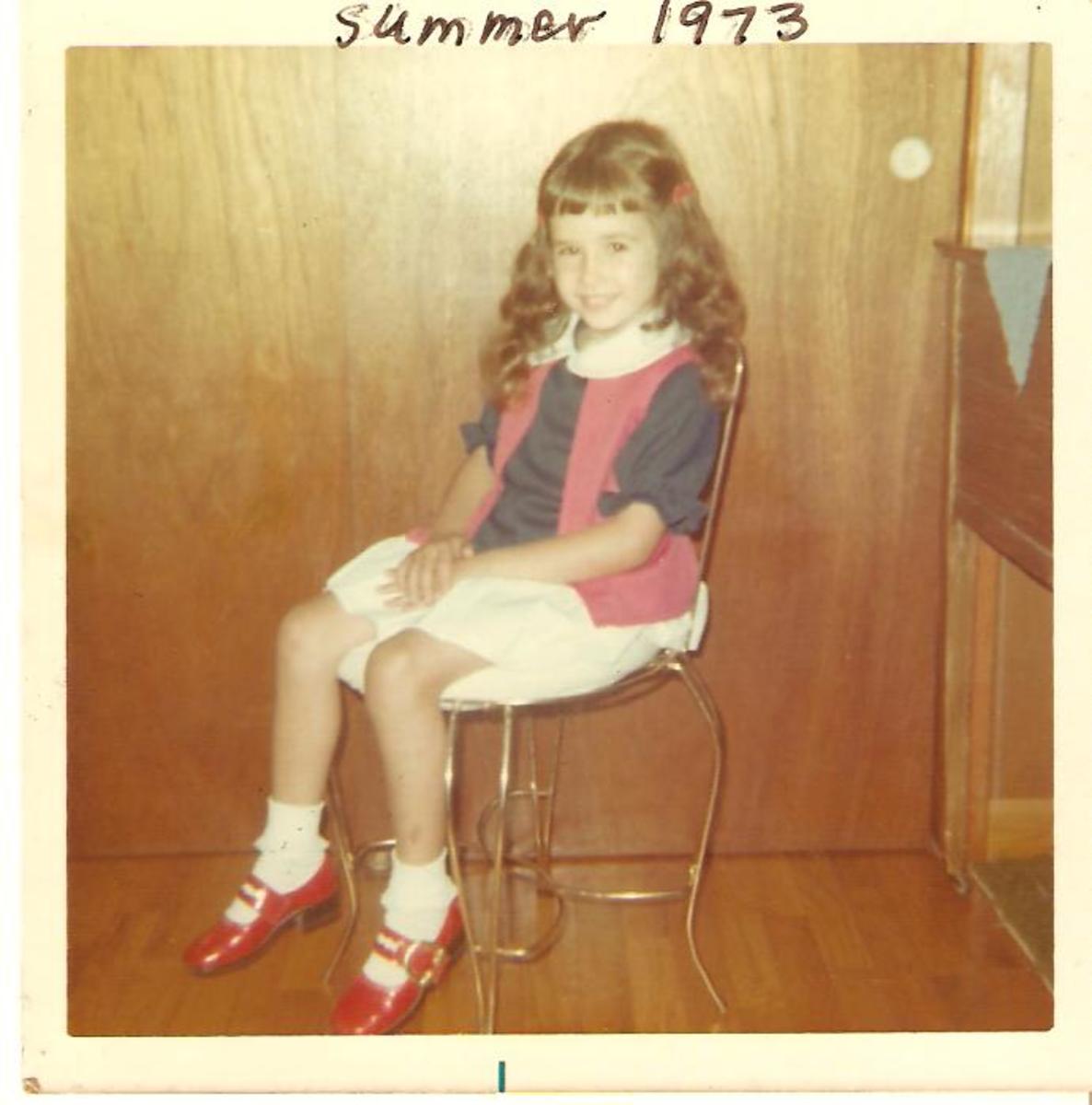Priming Poetry - Tips for Teachers
Why should you Encourage Writing Poetry?
Poetry and the Common Core Standards
Poetry can help teach concepts that are requirements in the Common Core Standards. For example, one Kindergarten standard is phonological awareness. Poetry that rhymes can assist with this standard. For grade 3, knowing the parts of stories, dramas, and poems is an element of the common core standards that need to be included in your teaching. Several other standards may be taught with the use of poetry such as vocabulary acquisition, drawing inferences, alliteration, metaphors, similes, and even increase reading comprehension.
Develop your poets
There are several websites that indicate American poets are weak or non-existent, that they have nothing to say and lack any depth in their work. If you look at the list of famous poets up to this point, it can look somewhat scary. Most historical, famous poets have had rough lives or terrible conditions, which I am sure we do not wish for our students. Does it have to be that way, though? I believe the answer is, “No!” Why are successful, happy people not known poets? Maybe it is because their success came from other areas instead of writing poetry. However, developing a love of poetry in your students may increase the chance of keeping poetry in their lives regardless of their other success stories.
Latent Effects of Teaching with Poetry
Effectively teaching with poetry can increase student engagement, which research has shown increases learning. Sharing information through poetry provides opportunities for students to experience life different from their own surrounding or assists in providing a multicultural perspective. Poetry develops the musical nature of meter and sound. Poetry requires active reading, reflection, and predictive abilities. Through self-reflection, the writer gains a sense of identity.
Their Birthday
It’s their birthday, you see,
The same for all three,
It’s strange but it’s perfectly true.
There’s Bertie and Ben
Who differ by ten;
Eight years older than one there is Sue.
Double one brother,
Plus treble the other,
Plus Sue’s age makes seventy-two.
From what’s on this page
You can find the girl’s age.
It’s really quite easy to do.
-Author, Unknown
This poem was retrieved from a website, Poetry Math. You can find this math poem, and other enjoyable poems involving math at http://www.trottermath.net/humor/poemmath.html.
Tip #1: Make it on-going
Frequently, we see teachers develop a unit on poetry only to continue with the next unit and deprive the use of poetry in teaching for the rest of the school year. By doing that, we de-emphasize what poetry has to offer. We deflate the importance of a good poem. We discourage young poets to think of this as a potential career. Instead, promote poetry in all your teaching as often as possible. For example, there are several limericks written for math concepts. You can even create poems as word problems. For example, look at the poem, Their Birthday.
Tip #2: Make it achievable
Set the students up for success. Not everyone is capable of writing a poem that fits a specific structure. Introduce your students to all types of poetry such as haiku or couplet. There are at least 55 types of poems, and each style can use several techniques. Students can discover where they are more comfortable when you provide more opportunities for creating poetry. Some may find they are great at developing consonance (such as the first thirst bursts!), while others may enjoy writing hyperbole (such as the elephant was a grain of salt).
Tip #3: Make it something to share
I frequently developed books of poetry my students wrote into an anthology for students. I have even had previous students tell me they still had their copies. I think I may still have my original copies as well filed away in my own filing cabinet! Another possibility is to have children develop their own book of poetry that includes not only their own writings, but also collections of their own favorite poems.
Poetry books
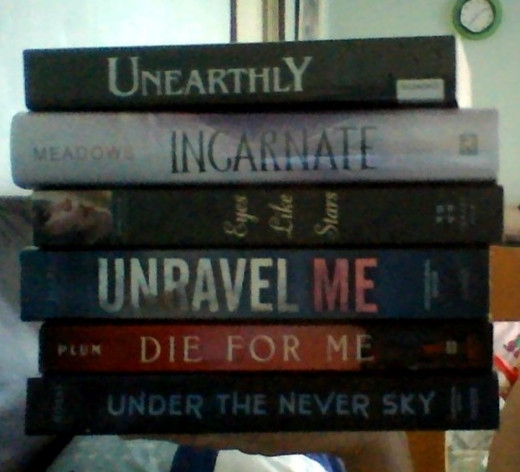
Tip #4: Make it fun!
Remember the days of dissecting poetry from your own school days? Is there really a need to dissect every poem thoroughly? Sometimes, yes; sometimes, no. Whatever happened to reading a poem just for the sake of pure enjoyment! Some educators criticize Dr. Suess; however, do you still chuckle when you think about a cat in a large red and white striped hat? The key is making sure the poem fits whether you use it as the focus of your teaching concept or a supplement to your teaching concept.
Tip #5: Make it expansive
Focus on all types of poetry so your students gain exposure to a wide variety of styles and techniques. There is a type of poem somewhere for everyone. Not everyone enjoys the rhythm of a limerick. Likewise, not everyone enjoys the inconsistent free verse. Poetry does not have to fit into cubicles, and neither do our students. As long as you create exposure, you are building potential for the student’s growth, learning, and enjoyment.
Improve Writing Skills with Poetry
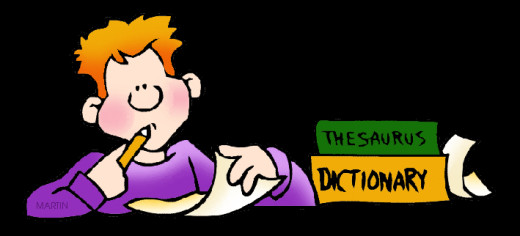
Haiku on Teaching
You ask why I teach?
Because it is my passion.
My goal - to inspire!
By Dr. Rebecca Sanders
Tip #6: Stay Objective
Providing constructive criticism is the teacher’s forte. Just remember that criticism of poetry should be even more objective. As an example of this tip – and a challenge – I asked friends and family to share a poem with me. My sister-in-law was the first to respond, and her poem made me cry. However, you may have a totally different reaction to the poem; so could your students. Reading poetry and writing poetry is subjective, which is why it is crucial for the educator using poetry to remain as objective as possible in his or her criticism. Look at the following example:
The Bridge
I was standing on the bridge at midnight
The moon was shining fair
Someone took the bridge away
N left me standing there. . .
Jody Cumberworth (personal communication)
I understand the pain behind this poem. It helps me further understand the emptiness that we share as a result of losing my brother. Whether or not she had that in mind when she wrote the poem, I have no idea! Does that really matter, though? Her pain and emptiness came through in her poem as I read. Maybe you chuckled as the poem brought back a memory you had of experiencing a lost in time moment, or staring at the moon.
Does it matter that she used the letter N to represent the word and? Does it matter that the meter is inconsistent? Maybe if meter was the topic you were covering, yes; however, think about those issues as you provide constructive criticism of the student’s original work. The time to be critical is possibly when you introduce an already published poem rather than one your student wrote.
This poem by Jody Cumberworth is well-written as it invokes an understanding and provokes a response in the reader. It may never go down in the books as one of the classics, but that is not the main reason to write poetry or teach poetry.
One teacher's project on You Tube
- Narrative Poems Baker's Students 3 - YouTube
Talented students sharing the narrative poems they wrote, the culminating project for our Northwest Unit. Joab, Katie, Hannah, Jake.
Tip #6: Make it educational
Several educational gains can happen when you use poetry as the educational medium in your class. Bring in materials and practice using them as students develop their poems (thesaurus, dictionary, keyboarding skills, linguistic concepts, and even critical thinking and study skills). Allow the materials to work for a specific purpose rather than just teaching them as a concept. Assist students to think about the rhythm of the poem, the words they choose to use, and the emotion they want to convey. Putting those three elements together will develop an effective poem.
References
Janeczko, P. B. (2011). Reading poetry in the middle grades: 20 poems and activities that meet the common core standards and cultivate a passion for poetry. Portsmouth, NH: Heinemann. Retrieved from http://www.heinemann.com/shared/onlineresources/E02710/Introduction.pdf
Lundberg, J. (2007, October 20). Why you should read poetry…yes, poetry. Retrieved from http://www.huffingtonpost.com/john-lundberg/why-you-should-read-poetr_b_69184.html


